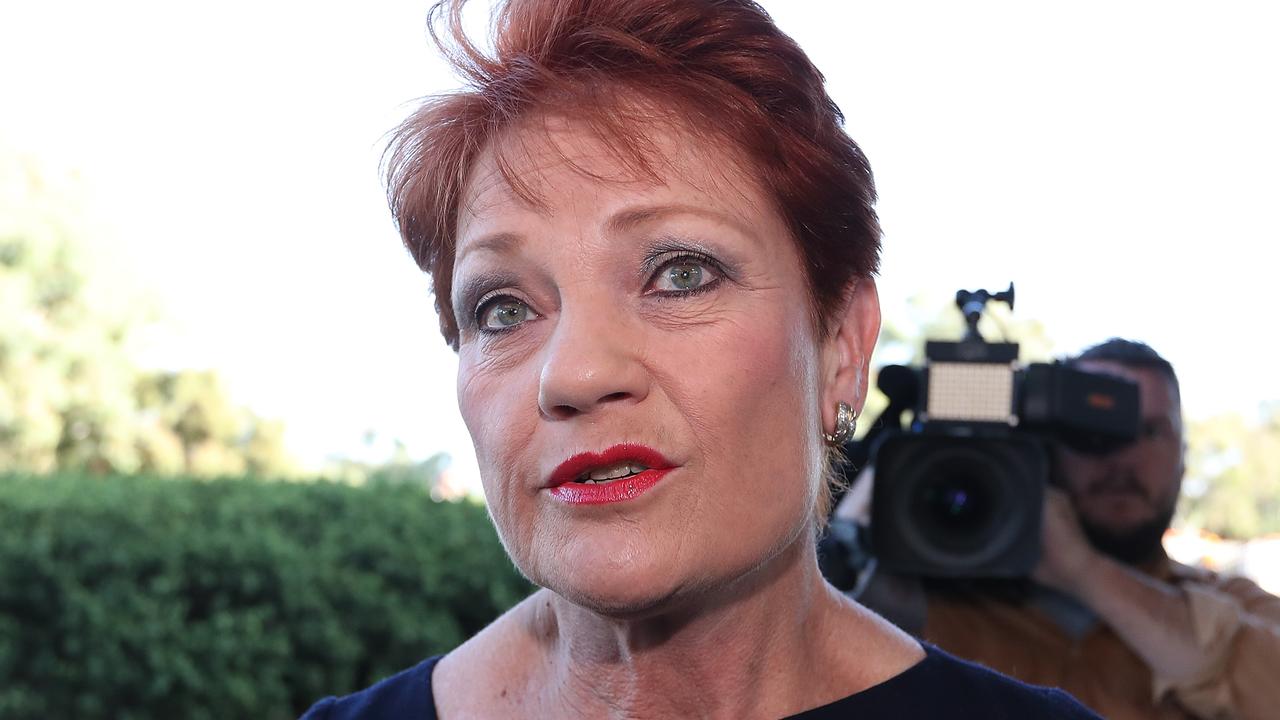Community key to local integration for African refugees
A rural town on Queensland’s Darling Downs has been hailed for its successful integration of African refugees.

A community on Queensland’s Darling Downs has been hailed for its successful integration of African refugees, with local leaders saying Toowoomba’s experience could help provide solutions to problems being faced in suburban Melbourne.
More than 2000 refugees fleeing war-torn areas have settled into the city of just over 100,000 people in the past 15 years.
While integration has not been seamless, the new arrivals have been woven into the fabric of the deeply conservative society whose rural character and setting have provided some familiarity and, more importantly, employment in agriculture.
Cultural and political representatives say community leadership and outreach are behind the success story, a sentiment backed up by police who say African refugees have been well-behaved in Queensland.
African leaders said a concentration of the new arrivals in Brisbane’s southern suburbs and Toowoomba had allowed community leaders to provide a strong “support structure’’, particularly with youth.
In Toowoomba, locally based Nationals senator Barry O’Sullivan said the refugees also had been embraced by churches and community groups who helped them to settle.
“I know within our Catholic community there is a very high level of engagement to try to make the refugees feel welcome,’’ he said. “Importantly, it translates into practical, sensible outcomes such as programs to help them obtain employment.”
Senator O’Sullivan said Toowoomba’s relatively small population engendered responsible behaviour. “When you live in smaller provincial communities, you are no longer anonymous so your behaviour is noted and tied to you,” he said.
Refugee Anyuon Liai and his wife arrived in Toowoomba in 1998 and have raised four boys, who followed Sudanese tradition by taking the last name of their grandfather.
Mr Liai believes the services offered by schools, community groups and the government were key to the successful integration of Sudanese refugees in Toowoomba. “We gained an understanding of social life in Australia,” he said.
“The local community has been excellent in supporting people to settle.”
Mr Liai said most South Sudanese refugees had farming backgrounds and credited Toowoomba’s rural nature with providing a level of normality for him and his peers.
“There are more employment opportunities in non-skilled jobs here, such as farm jobs or abattoir jobs,” he said.
“Those opportunities in the bigger cities are limited because you need skills for employment.”
Queensland African Communities Council president Robert Mukombozi, a Rwandan refugee, said perpetrators of misbehaviour were mostly young men who had become disconnected from their communities.
He said Queensland’s African community was well-connected, with elders working with government and non-government agencies to address problems that arose.
Queensland Police inspector Les Bullus, who leads the community programs and engagement team, said the state’s African community was “harmonious, very socially minded and inclusive” and had a good relationship with police. “There is no over-representation of (the African) community in the justice system … or anything that puts that on the radar as being an issue,” he said.




To join the conversation, please log in. Don't have an account? Register
Join the conversation, you are commenting as Logout